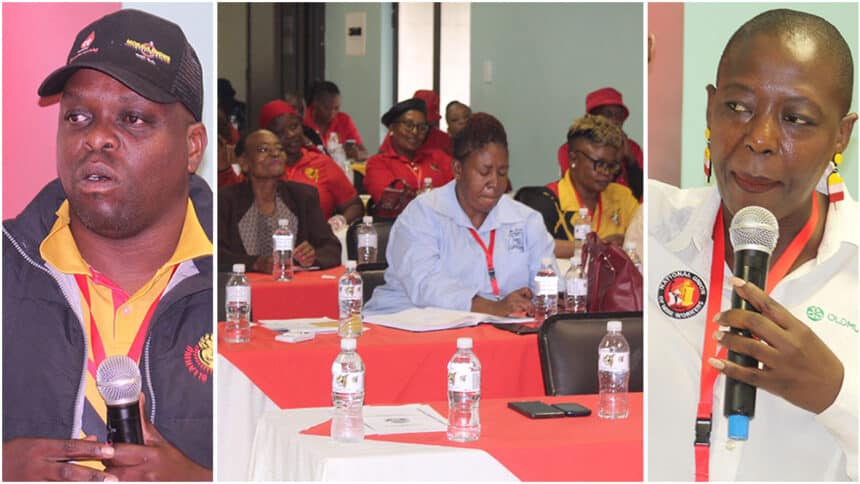Thatayaone Kesebonye, President of the Botswana Land Boards Local Authorities and Health Workers Union (BLLAHWU), said gender inequality remains a concern, with women and children bearing the brunt of the burden.
Kesebonye stated this at the BLLAHWU 23rd gender conference, which was held in Palapye a week ago.
Female union members from BLLAHWU’s six districts met at Desert Sands Hotel under the theme “The Liberation of Women is a Fundamental Necessity for the Revolution.”
According to Kesebonye, the inequality is caused by our cultural norms and how we were raised in a patriarchal society that values men more than women.
“These cultural values have caused more women to be suppressed and even become victims of gender-based violence, where they are physically and emotionally mistreated, contributing to some of their health difficulties. Their security is now jeopardised, and their dignity is diminished,” stated Kesebonye.
In order to stop gender-based violence, the president remarked that people need to modify all the rules and norms from the past which, he noted, was not easy because all the rules and norms aimed to suppress women were created by the society.
“Also, we need teach our children while they’re still young so that they grow up knowing that both men and women are equals and no one should be dominating the other,” he said.
Guest speaker at the event, World Federation of Trade Unions (WFTU) representative, Mathapelo Grace Khanye from South Africa, argued that changing gender relations is not only about changing attitudes, it is also about taking action for change.
“We must dismantle structural inequality and challenge the material basis of women oppression under capitalism (that is the sexual division of labour and unpaid reproductive labour). We must further transform gender power relations in workplaces, trade unions, households, communities and relationships. We must democratise the state and advance progressive policies to improve the lives of black working class women and counter neoliberalism,” said Khanye.















